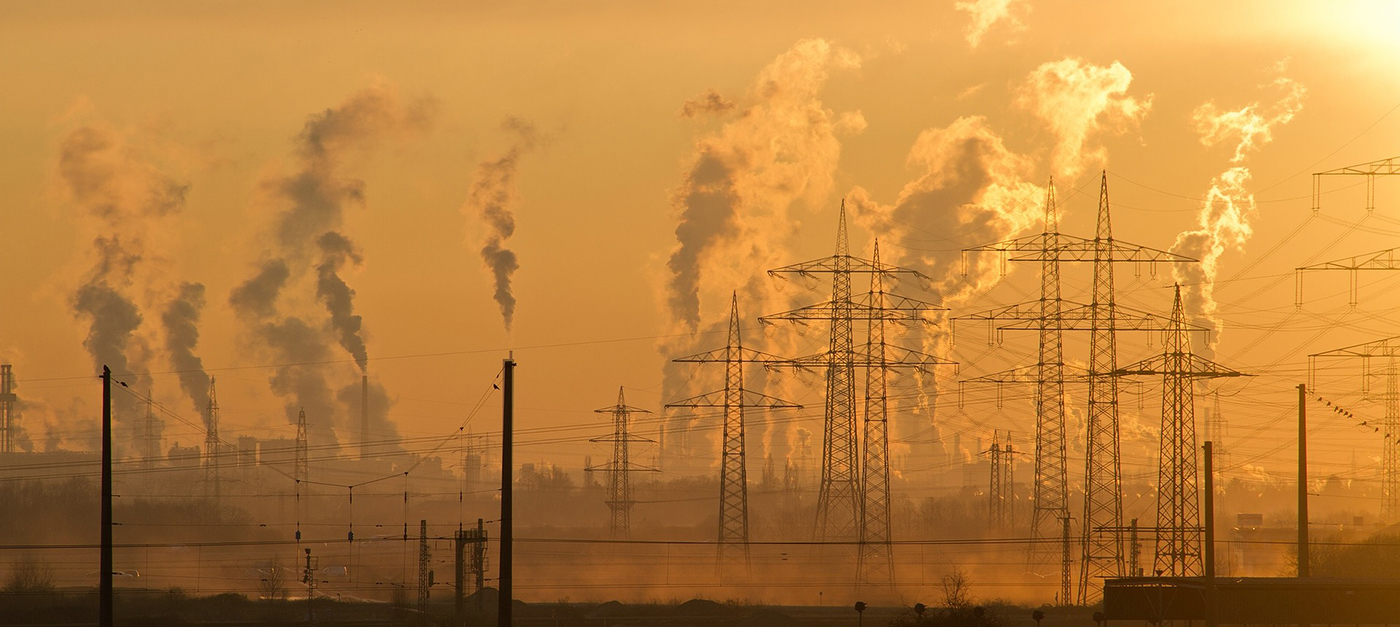This spring the Washington State Legislature passed what’s appropriately called the Healthy Environment for All or “HEAL” Act, and the Climate Impacts Group (CIG) published a Spanish translation of several climate change reports:
The reports – Sin Tiempo Que Perder and Cambiando las Líneas de Nieve y las Líneas de Costa – or No Time to Waste and Shifting Snowlines and Shorelines, are written for a general audience including policymakers, community organizers, journalists, and the public.
Stormwater Connections
Stormwater impacts- including flooding, differential investments in green infrastructure, impacts on local foods like fish and shellfish, and the costs of treating stormwater—are experienced very differently by overburdened communities and BIPOC communities (Black, indigenous, and peoples of color).
These communities are often already stressed by socioeconomic factors such as poverty, housing burden and transportation expense, linguistic isolation, unemployment, and low educational attainment.
The Washington Stormwater Center’s work helps communities, cities, and businesses to take affirmative action to control stormwater, thereby protecting what they value. The recent 6PPD research from Dr. Jen McIntyre and her colleagues, as well as bioretention research from Dr. Ani Jayakaran, put a spotlight on the significance of roads as pathways of pollution and the effectiveness of bioretention to remove this chemical.
This research helps to reinforce the Washington State Department of Ecology’s Clean Car Initiative which connects with the Stormwater Strategic Initiative and Puget Sound recovery.
As part of an effort to address DEI issues, Washington Stormwater Center recently spearheaded two workgroups: The Municipal Program’s Permit Group addressing environmental justice (EJ) permit requirements and a conversational topics group, just getting underway, represent these initial efforts. While the permit group offers municipalities opportunities to share lessons learned and DEI tools, as well as their work to meet permit requirements, the EJ topics group will discuss broader issues including health, climate change, Green Stormwater Infrastructure.
Environmental justice is the fair treatment and meaningful involvement of all people regardless of race, color, national origin, or income, with respect to the development, implementation, and enforcement of environmental laws, regulations, and policies.
The HEAL Act
Under the act, seven state agencies, including the Washington State Department of Ecology, must:
· Conduct Environmental Justice (EJ) assessments of “significant agency actions,” which includes new regulations, grant and loan programs, capital projects or more than $12 million, and agency- requested legislation
· Try to reduce harm to overburdened communities based on those assessments
· Integrate EJ processes into budget planning
· Consult with tribes when developing EJ plans and actions that can affect tribal treaty rights
Washington State Health Disparities Map
This report describes the two-year process undertaken by the Washington Environmental Justice Mapping Work Group to develop a statewide mapping tool that accurately reflects Washington’s environmental health disparities.
Climate change impacts already disproportionately impact overburdened communities due to location, historical lack of appropriate infrastructure, vulnerability to disease that accompanies flooding and water contamination, and heat stress due to poor tree canopy coverage. The Climate Impacts Group (CIG) recently released several climate change documents in Spanish:
Sin Tiempo Que Perder – This document provides an overview of the impacts occasioned by a 1.5 Degree Celsius (this is half a degree warming) temperature increase and its implications for Washington State with respect to extreme heat, agriculture and fisheries, plants and animals, water resources, and the economy.
Cambiando las Líneas de Nieve y las Líneas de Costa – Focused more on climate change impacts on coastlines snowpack, which are essential for making sure we have water when we need it and can store it for later use, will be affected.



